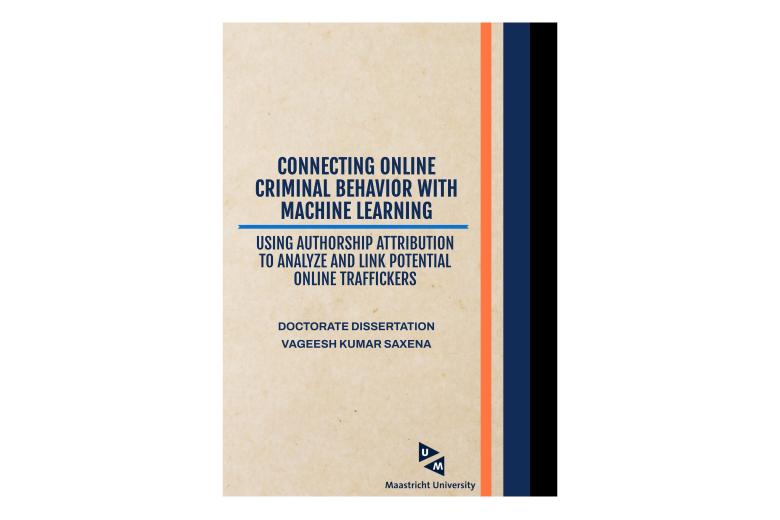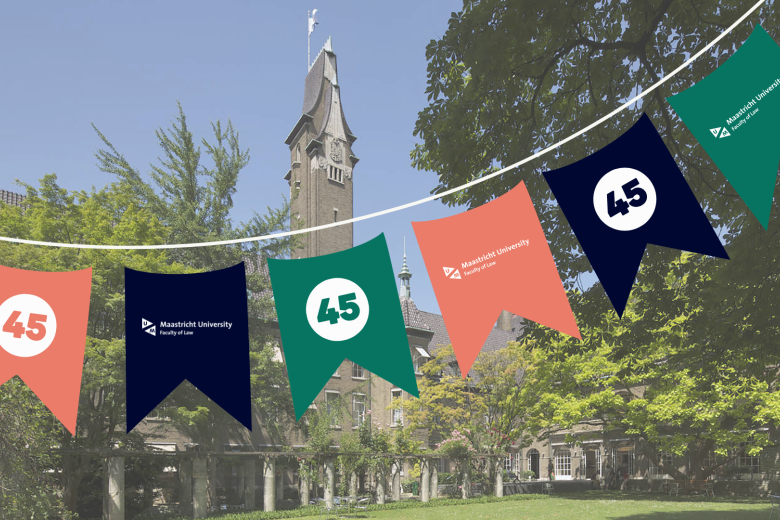The UNESCO Chair in Human Rights and Peace connects human rights to topical and practical issues in a globalised society
Since September 2022, Prof. dr. Andrea Broderick holds the UNESCO Chair in Human Rights and Peace. This Chair aims to connect human rights to issues of societal relevance by focusing primarily on economic, social and cultural rights within the context of processes of globalisation.
Furthermore, the Chair aims to strengthen teaching, research, dissemination of knowledge and capacity-building in the field of human rights, in particular those related to socio-economic rights. The Chair’s explicit objective is to give fresh impetus to new and sometimes interdisciplinary research themes that are challenging from a societal perspective. A further aim of the Chair is to foster collaboration with academic and practice-oriented partners in the Netherlands, Europe, North America and in the (Global) South and to engage in cooperation with UNESCO partners and institutions, where relevant.
Research lines
The UNESCO Chair in Human Rights and Peace is part of the Department of International and European Law at Maastricht University. The Chair fits very well into the institutional structure and strategic programme of Maastricht University and its Faculty of Law. The Chairholder’s first research line relates to non-discrimination law and socio-economic rights, such as the right to health, connected (among others) to disability and bioethics, and the right to education.
A second research line explores emerging issues of human rights, for example related to technology and human rights; the right to a healthy/sound environment, connected to sustainability/the rights of future generations; and the language/conceptualisation of human rights, falling within the broader field of arts and human rights. The third research line that the Chairholder will pursue is that of comparative human rights law and (transnational) judicial dialogue.
Andrea Broderick will provide education in fields that contribute to the academic development of human rights law. She will also hold management positions, including as Co-director of the Maastricht Centre for Human Rights and the Dutch Director of the European Masters Programme in Human Rights and Democratisation, Venice.
The Chair’s main challenge
The main challenge related to this Chair concerns finding academic partners in the (Global) South with a research profile that matches the one of the Maastricht Chair. Except for academic institutions in South Africa, there are few universities from countries in the (Global) South where there is an interest in, and capacity for, the above-mentioned fields of human rights research. However, the Chairholder envisions fruitful cooperation with relevant stakeholders relating to fundamental scientific and practice-oriented research.
The Chairholder will promote international inter-university cooperation and networking to enhance institutional capacities through knowledge-sharing and collaborative work. This will be ensured through several major publications, large interdisciplinary workshops, and through membership of the steering committee of the Netherlands Network for Human Rights Research as well as of the Global Campus of Human Rights.
Also read
-
AI and the Future of Tax Law: Rethinking Compliance, Governance, and Legal Design
On 17-18 December 2025, the Maastricht Centre for Taxation hosted an international online conference titled “AI and the Future of Tax Law: Rethinking Compliance, Governance, and Legal Design”.
-
Connecting Online Criminal Behavior with Machine Learning: Using Authorship Attribution to Analyze and Link Potential Online Traffickers
PhD thesis by Vageesh Saxena
-
Faculty of Law celebrates 45th anniversary
In 2026, the Faculty of Law at Maastricht University will celebrate its 45th anniversary.